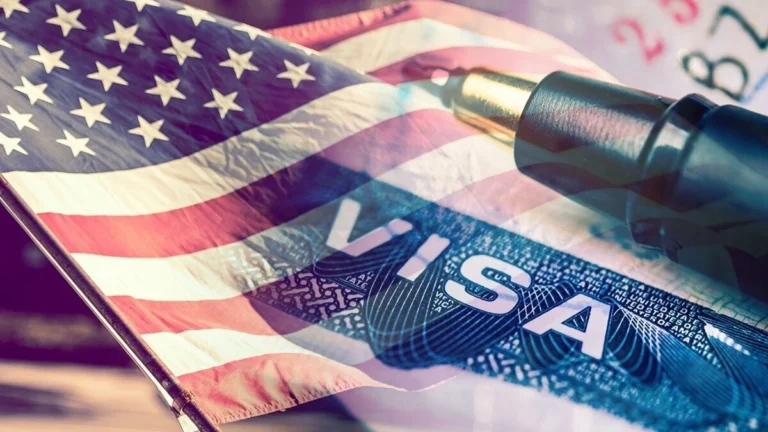New US Visa Policy Affects Indian Non-Immigrant Travelers
The United States has enacted a major shift in its visa policy, impacting Indian travelers seeking non-immigrant visas. Effective from September 6, 2025, the US government has ended the practice of “third-country visa stamping” for non-immigrant visa applicants. Previously, individuals such as H-1B workers, F1 students, or B1/B2 tourists could acquire their US visa stamps from consulates in countries other than their home country to bypass lengthy wait times.
With the new regulation, applicants are now required to attend in-person interviews solely in their home country or their country of legal residence. Appointments booked in third countries will be canceled, and applicants risk forfeiting the associated fees. However, existing appointments remain valid.
Impact on Visa Wait Times
This policy affects a wide array of applicants, from workers to students and tourists, notably from India where visa wait times can surpass 20 months. Indian visa seekers are notably impacted by this change. Earlier this year, wait times varied across Indian cities: in Hyderabad and Mumbai, they were 3.5 months, in Kolkata 5 months, and Chennai faced an extraordinary 9-month wait.
The removal of third-country visa stamping is anticipated to further exacerbate the accumulating backlog, potentially obstructing Indian travelers from securing earlier appointment dates, especially for spontaneous visits to the United States.
Enhanced Interview Requirements
Apart from prolonged wait times, applicants now face more stringent interview procedures. The US government has tightened the interview requirements for non-immigrant visa applicants, including those from India. This adjustment is part of broader immigration reforms introduced under President Donald Trump. It immediately affects the non-immigrant visa (NIV) application process, impacting various visa categories like B1 (business) and B2 (tourist).
These stricter interview procedures could lead to increased scrutiny for Indian applicants, possibly resulting in elevated rejection rates.
Industry Concerns and Strategies
The Indian travel and technology sectors have voiced apprehensions about the revised visa policy. Many Indian AI startup leaders, including Aravind Jayendran of LatentForce, are encountering substantial delays in obtaining B1/B2 visas for crucial client meetings in the US. These delays present a significant hurdle, given that current appointment wait times in India range from three-and-a-half to nine months.
Industry experts advise applicants to manage the ramifications of these changes by meticulously planning their visa applications. Recommendations include scheduling interviews as early as possible, ensuring that all documentation is both complete and accurate, and preparing for potentially prolonged wait times and more rigorous interview processes.
Final Thoughts
The recent modifications in the US visa policy have introduced substantial challenges for Indian travelers. With the cessation of third-country visa stamping and the imposition of stricter interview requirements, applicants now face longer waits and increased scrutiny.

